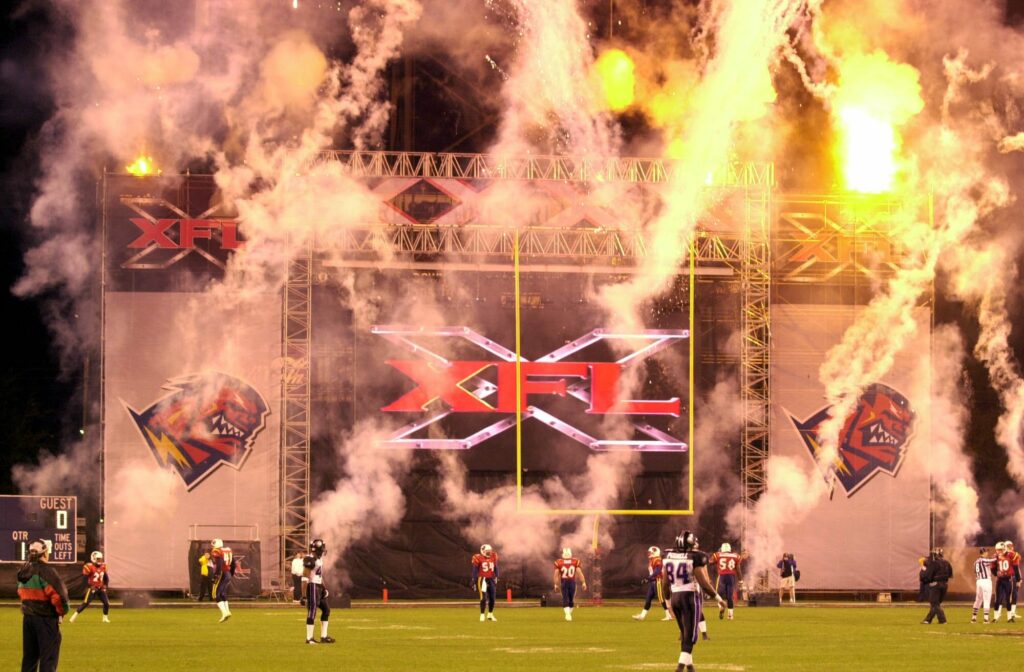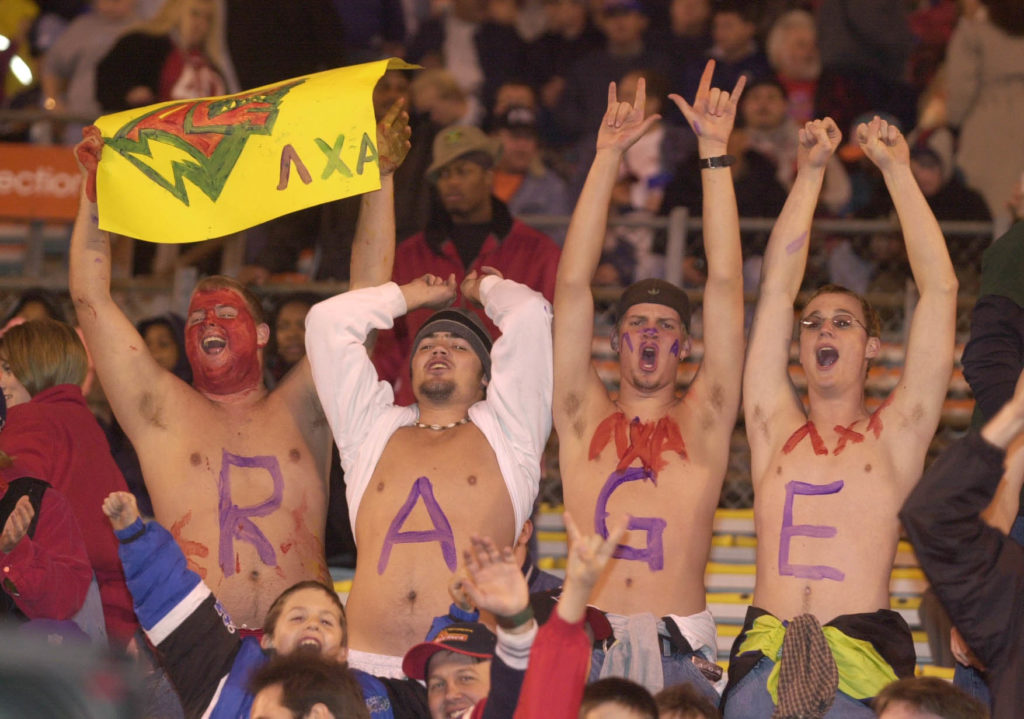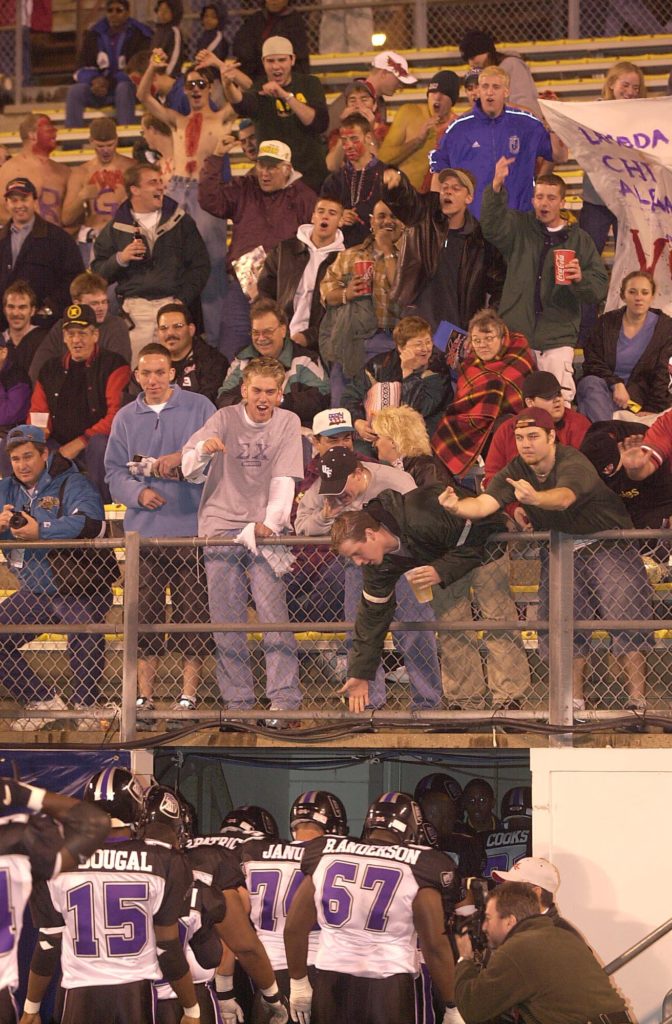
For weeks, an announcement was prepared. The only public news was that it would be made by WWE President Vince McMahon on Jan. 27.
When the day came, McMahon let the world know he was planning on reviving a fondly remembered league in football history. McMahon was bringing back the XFL, a football league that existed for one year in 2001.
When he announced to the world that he was bringing back the gimmick-filled league, he already had a target date and a goal.
“The new XFL will kickoff in 2020, and quite frankly, we’ll give the game of football back to the fans,” McMahon said.
While the league was short lived, it featured one former Weber State University Wildcat and a future one. They only had one year as a league, but that was all it took to etch some of the league’s greatest moments in the minds of fans and players.
The two hallmarks of the league were on the back of the jerseys, the nicknames and the numbers. The XFL allowed players to pick numbers into the triple digits and to have nicknames on their back in lieu of their last names.
The most famous nickname belonged to former Las Vegas Outlaws running back Rod Smart, whose jersey said, “He Hate Me.” Smart and his jersey became the face of the ESPN 30 for 30 film on the league.
While neither of the Wildcats had nicknames on their jerseys, both of them opted for jersey numbers in the triple digits. The former Wildcat who joined the XFL in its original iteration was tight end Richard O’Donnell. O’Donnell only spent one year at Weber State before being selected by the San Francisco Demons.
The future member of WSU to play in the XFL was current head coach Jay Hill. Hill was drafted in the 17th round of the XFL draft by the Orlando Rage after spending two years at cornerback for the University of Utah.

He joined the XFL after having signed free agent contracts and competing in training camp with the New York Giants and the Buffalo Bills.
“When I was in the XFL it was a really good league and there were really, really good players and they were really close to having it right,” Hill said. “When I was in Orlando, they were getting great crowds and they had great support, people were coming to the games.”
Despite the quirks that make fans look back fondly on the XFL, McMahon does not plan on continuing the gimmicks when the league returns in 2020.
According to his announcement video, he’s more interested in football than anything else. One of the major points in his video was that players with criminal records would not be allowed in the league.

“I think that there’s room for a league like that if they market it the right way and they keep the ticket prices right,” Hill said. “I think that they could be successful.”
McMahon also set the 2020 debut with his past failure in mind, citing in his announcement video that the one year the league originally had was too short.
McMahon will decide which eight cities will become home to XFL teams in 2019, giving them a year from there to build their rosters and develop the league as a whole.



















